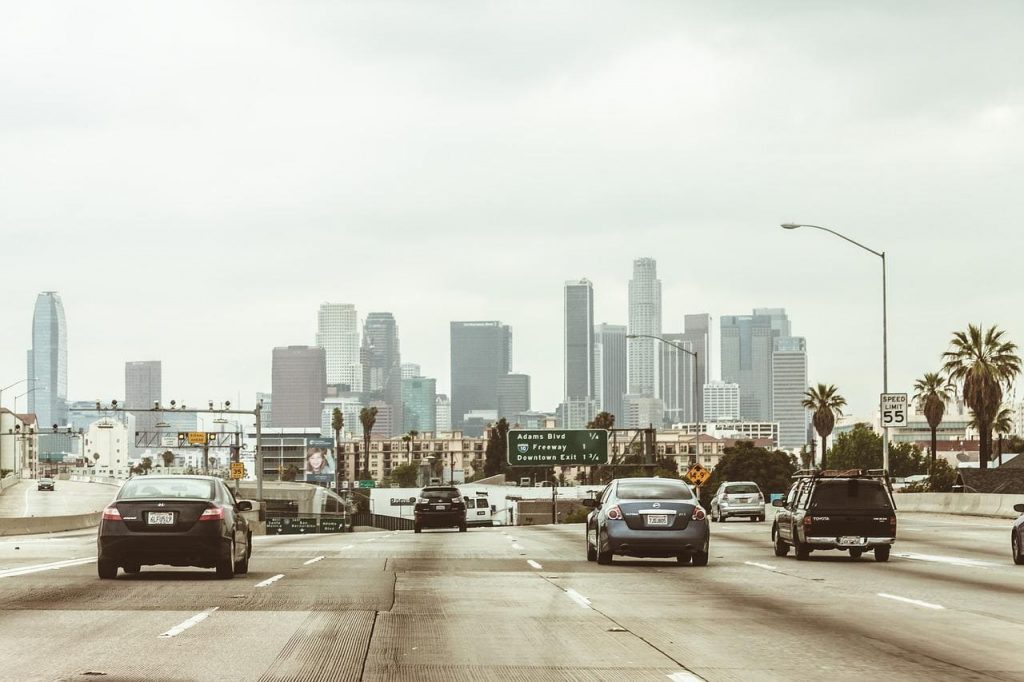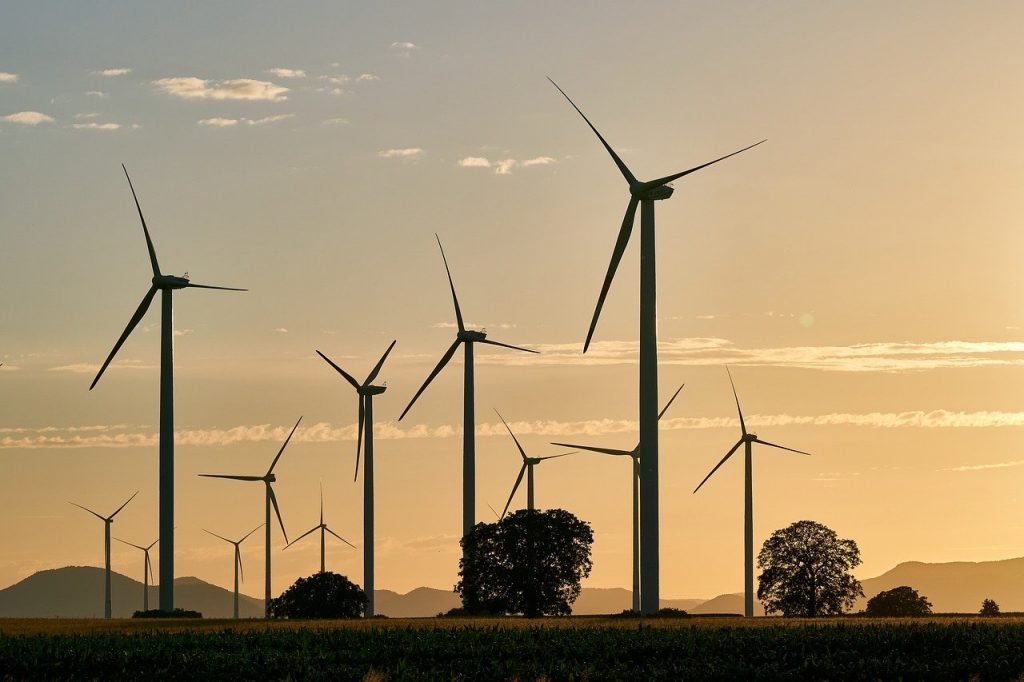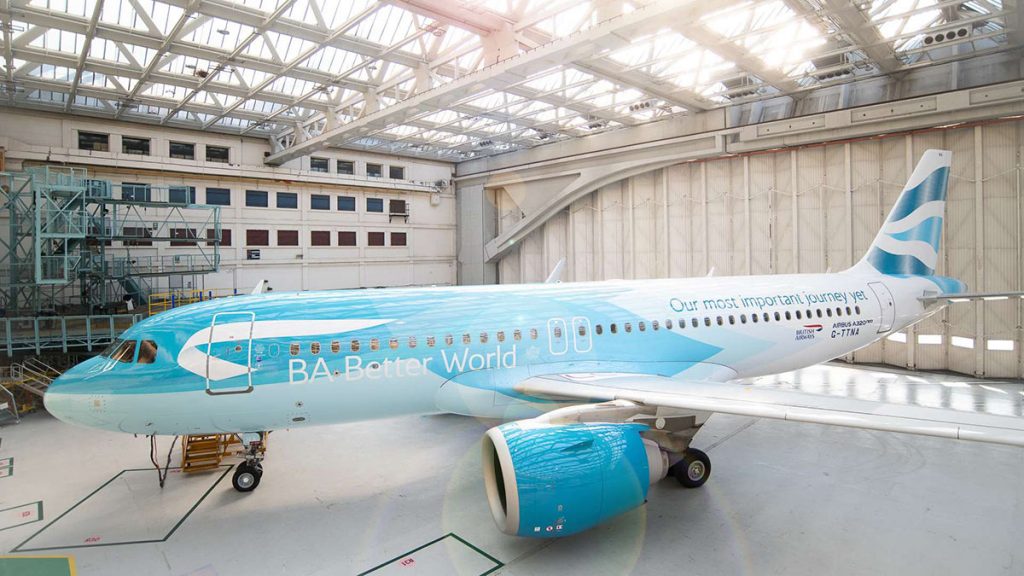In the old country, half of the pollution caused by transport is to be attributed to company vehicles. The European Commission has set the goal to bring down emissions to 55% (in relation to the 1990 levels) by 2030 and eventually to zero by 2050. There is still a lot of work to do and governments, companies and individuals all play a crucial role in this change. All the incentives that promote such a shift involve some sort of investment and the key is to do this today in order to pay less in the foreseeable future.
The Role Of Company Fleets In The Pollution Picture
Company vehicles of any kind (cars, vans, lorries, farm trucks etc.) are used to a greater extent if compared to privately owned vehicles even if they represent no more than 20% of the vehicles on the road in the EU. That doesn’t really come as a surprise given the many tax benefits and vital necessities of companies to move around, however, we can safely assert that company vehicles are one of the main characters accountable for CO2 emissions, especially in the transport and logistics field. In Italy alone we can find more than 15.000 transport companies, a business which is valued at around 70 billion euros; every day 400.000 trucks travel on our main road networks.

Good Practices To Reduce Consumption
Although the transportation of goods is indeed a significant part of the issue, we must not forget about the contribution of individuals who use company vehicles all the time, both for private and business use. The sustainability of transport has been on the hot seat for a long time and we must say most of the times very pioneering ideas turned out to be utopic flops. However, there are some good practices that can really help us improve in terms of environmental impact, accident rate, urban decay and financial costs. In these uncertain times, we are facing incredible price swings for petrol and we all long for alternative solutions which could relieve the pain of short-term inflation and long-term call for disaster.
Amongst sustainable mobility solutions, there is indeed the optimization of road itineraries (just think of Google Maps and all the possible itinerary suggestions it gives every time we set our destination), car-sharing, car-pooling and a correct, fuel-consumption optimized way of driving. Of course, these good practices work even better if paired with better-performing vehicles in terms of emissions: if full-electric is still far far away, hybrid alternatives are already a widespread choice for companies.
The Source Issue
Electrical energy is now considered to be the greenest you can go. Well, unfortunately, it’s not that simple. In Italy, electricity is produced for the most part using non-renewable energy, like oil and gas. On the other side, the electricity sourced using renewable energy can only cover a small part of the national demand (17,8% in 2018) and even if the data is quite encouraging on this behalf, we still rely on the energy export from abroad which is not sourced differently than ours.

Solutions From The Key Industries
Even though in small steps, we must say those who are actively seeking concrete solutions in terms of decarbonization are the big leaders in the transportation field. Globalization is here and we all have to deal with it. What we can say no to though is to see pollution as a natural consequence of it, as if the technology people had in the past cannot evolve into something better. The shipping industry literally covers 90% of goods transportation causing astonishing high greenhouse gas emissions. Sustainable fuel can be the answer, but where do we get it if nobody produces it at a commercial scale?
The decarbonization project manager at Maersk declared:
The situation was that nobody was producing the green fuel because there were no green ships, and nobody built the green ships because there was no green fuel. So, you know, we had this chicken-and-egg-type situation. And then we decided to say, well, you know, somebody needs to break that egg, and that's what we did.
Reading from the same script, British Airways recently invested in the development of sustainable aviation fuel (SAF) along with more efficient aircraft. On September 15th 2021 BA operated their very first civil flight with SAF from London to Glasgow.

The research on sustainable fuel is actually at its fourth stage of development, meaning that now we are able to make fuel out of water, sugar and carbon dioxide by modifying the genome of micro-organisms without using vegetal biomass and chemicals.
None of the above is now enough to cover our energy demand. However, we should consider that unity means strength and energy diversification (in its source as well) can spare us from unpleasant diplomatic situations like the one we are experiencing now. The significant change happens when the big players in the industry implement new points of view because then all the other companies will follow the lead. New technologies applied at a large scale could become accessible and less expensive, not only for the company wallet but for our ecosystem as well.


